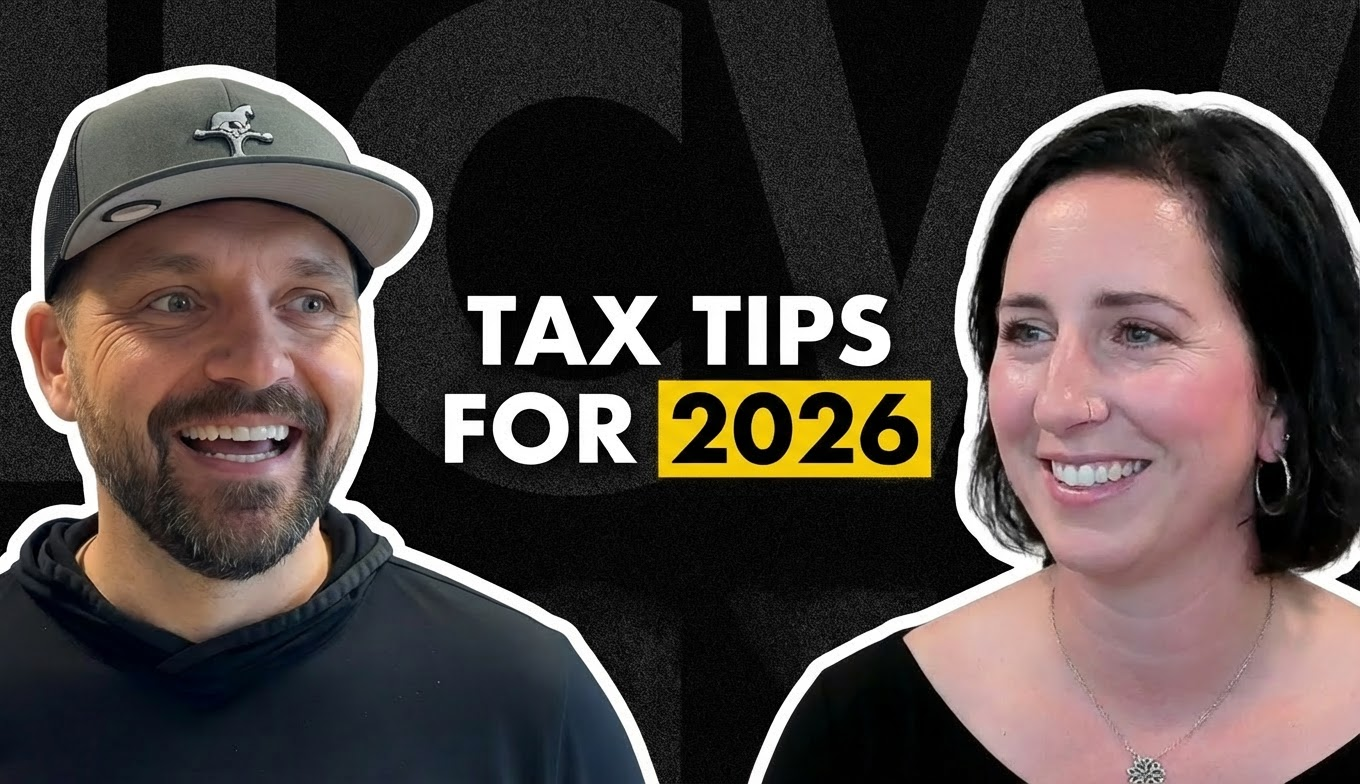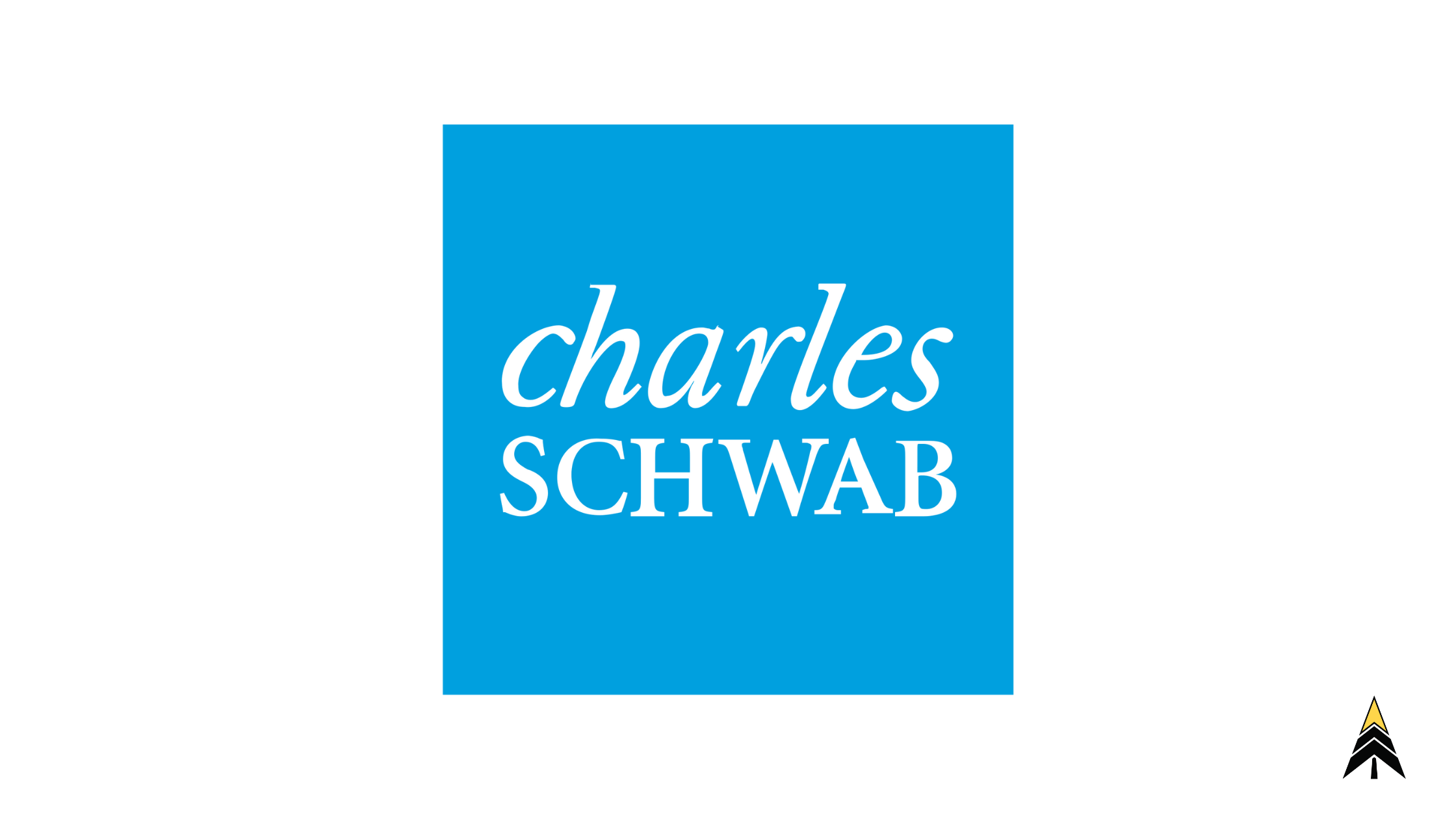A well-structured wealth management plan isn’t just about growing your money—it’s also about making sure it ends up in the right hands. That’s where beneficiary designation plays a vital role. Often overlooked, this simple yet powerful tool can have a major impact on how your assets are distributed after your death.
What Is a Beneficiary Designation?
A beneficiary designation is a legal instruction that specifies who will receive the assets from your financial accounts—such as retirement plans, life insurance policies, annuities, and investment accounts—when you pass away. These designations override your will and control the direct transfer of funds.
There are typically two types of beneficiaries:
- Primary Beneficiary: The first person (or entity) to receive the asset.
- Contingent Beneficiary: The backup if the primary is deceased or unable to claim the asset.
Why Beneficiary Designations Matter
Incorrect or outdated beneficiary information can cause major issues, including:
- Assets going to the wrong person
- Family disputes
- Unintended tax consequences
- Probate delays
For example, failing to remove an ex-spouse from a life insurance policy could result in them receiving the payout instead of your current partner.
Which Accounts Require Beneficiary Designations?
Common accounts that allow or require beneficiary designations include:
- 401(k) and other retirement plans
- Traditional and Roth IRAs
- Life insurance policies
- Health savings accounts (HSAs)
- Transfer-on-death (TOD) investment accounts
How to Keep Beneficiary Designations Up to Date
To ensure your financial plan aligns with your wishes:
- Review designations annually
- Update after major life events (marriage, divorce, birth, death)
- Coordinate with your estate plan to avoid conflicts
- Work with your fee-only financial advisor to ensure accuracy
Final Thoughts
Beneficiary designations are a simple yet powerful part of estate and legacy planning. They ensure your wealth is passed on efficiently and according to your intentions—without getting caught in probate. Make it a priority to review and update these designations regularly with your financial advisor.













.png)